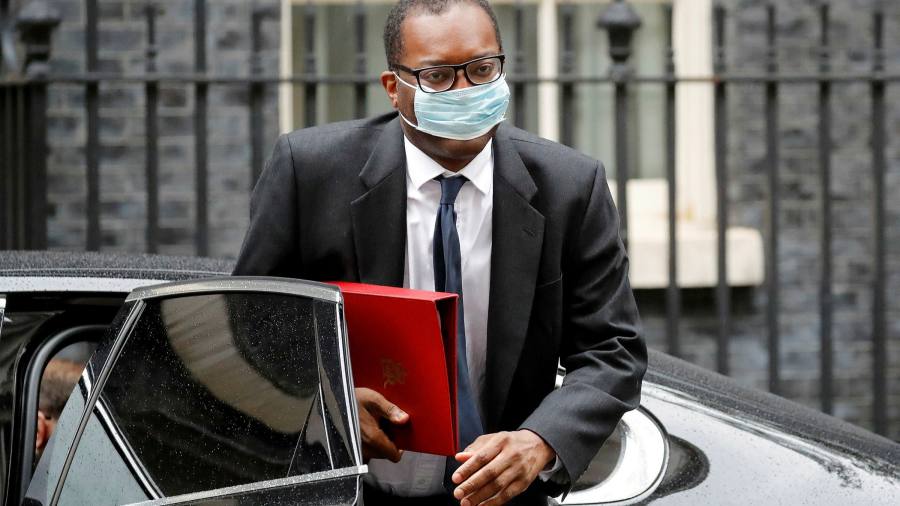[ad_1]
Ministers are facing criticism from business leaders and the Labour leadership after dropping its industrial policy commitment in favour of a more ad hoc approach to supporting economic growth.
Ed Miliband, shadow business secretary, will use a speech on Tuesday to attack the government’s decision to axe the industrial strategy.
Adam Marshall, director-general of the British Chambers of Commerce, said the strategy’s demise was a “short-sighted step that ministers will come to regretâ€.
He added: “Businesses have been crying out for a north star to follow for investment and strategic decisions. Our business communities are concerned and wondering what to do now . . . A lot of effort has been put into local industrial strategies — what happens to them next?â€
Kwasi Kwarteng, business secretary, has also cancelled the council of business chiefs which oversaw the industrial strategy, a detailed document drawn up by his predecessor Greg Clark for the then prime minister Theresa May.
The industrial strategy team within the Department of Business, Energy and Industrial Strategy has also been dismantled — with officials discouraged from using the phrase, prompting speculation that a rebrand of the ministry is imminent.
Business leaders are now asking questions about long-term policy planning for large parts of key industries, such as manufacturing.
Make UK, which represents manufacturers, last week wrote to ministers saying the move “has caused significant concern and frustration within manufacturers of all sizes across the UKâ€.
It added: “There is a real and genuine fear that the critical part we have to play in the economic recovery, the realisation of global Britain and the achievement of vital climate change goals is no longer important.â€
One government official said: “The brand ‘industrial strategy’ is going but that doesn’t mean the work on supporting industry has stopped.â€
Until Christmas, officials had been developing an updated version of the 2017 industrial strategy. But they were ordered to junk that in favour of a more generic Treasury-led “Build Back Better Plan For Growthâ€.
The 111-page document has already been criticised by some business chiefs for lacking the goals and oversight of the 2017 strategy, which outlined 142 separate policy initiatives.Â
They complain that the new document mainly lists existing policies or broad ambitions, such as infrastructure requirements and the net zero climate target. The section on next steps outlines over 20 reviews and strategies, including on exports, space and industrial decarbonisation.
“It’s all very much aspirational,†said one executive. “There are none of the fixed-term measures, or targets, transparency or accountability that the council had sought to provide for the industrial strategy.â€
Tony Danker, CBI director-general, said: “[It is] very high-level and not yet of much relevance to firms, sectors and markets. But it’s now for business to respond and fill the white space it leaves for joint government and business thinking.â€
Industrial strategies were popular during the 1960s and 1970s but under Margaret Thatcher’s premiership they became associated with excessive state intervention, often in failing industries.Â
Miliband will blame ministers’ “devotion to the market†for the decision to dismantle a strategy, citing a comment Kwarteng once made about Britain’s “false belief in the value of industrial policyâ€.Â
Miliband will call for Treasury interventions to help sectors hard-hit by the pandemic — including automotive, aerospace and steel.
A business department spokesperson said: “In the four years since the industrial strategy was published, the UK’s business and economic environment has changed — we’ve legislated to end our contribution to climate change by 2050, we’re forging a new path outside the European Union and we continue to fight the Covid-19 pandemic.â€
[ad_2]
Source link





